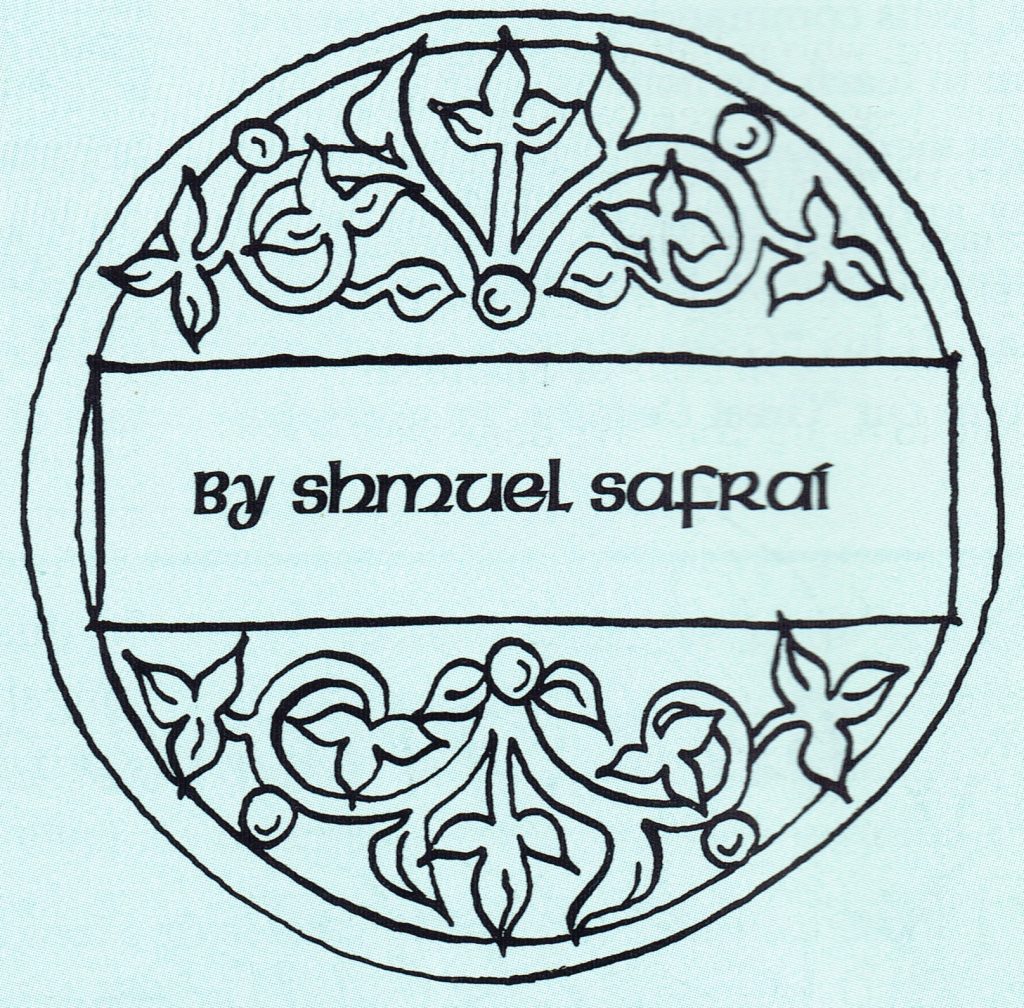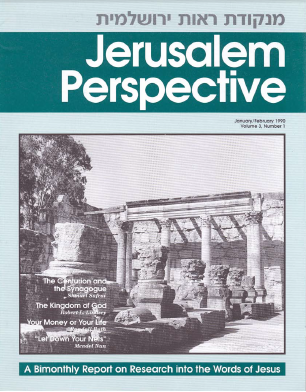This article originally appeared in the JP magazine as a sidebar to Robert Lindsey’s “The Kingdom of God: God’s Power Among Believers.”

The expression מַלְכוּת שָׁמַיִם (malchūt shāmayim, “Kingdom of Heaven”) appears only in rabbinic literature and the Gospels. It does not appear in the Scriptures, the literature created by the Essenes (the Dead Sea Scrolls), or in the Apocrypha and Pseudepigrapha. This is important and often overlooked by scholars.
The world of Jesus is a world in common with the sages, not with the Essenes or the apocalyptists. In addition to malchut shamayim, there are many other terms that are unique to Jesus and the sages, such as מָשָׁל (māshāl, “parable”)—in the Bible mashal refers to a proverb and not to the entire story-parables told by Jesus and the sages of his day—and תְּשׁוּבָה (teshūvāh, “repentance”). The word teshuvah is not found, for example, in the Scriptures, in Philo or in the Dead Sea Scrolls.

The sages’ view was that to ensure that the observance of the mitsvot (commandments) would not be mechanical, one should first commit oneself to the Kingdom of Heaven before beginning to observe God’s commandments. This was the view of Yehoshua ben Korhah (Mishnah, Berachot 2:2). This committing oneself to the Kingdom of Heaven is formalized by one’s confession of the Shema, the declaration that there is but one God, but its practical expression is in the observance of the commandments. In effect, the moment a person did a good deed—that is, the will of God—at that moment he came into the Kingdom of Heaven.
There is a final redemption or completion of the Kingdom, but both Jesus and the sages generally viewed the Kingdom in a more practical, everyday way: doing the will of God. They would have viewed the final redemption in a fashion similar to the well-known rabbinic saying found in the Mishnah: “It is not your part to finish the task, yet neither are you free to desist from it” (Mishnah, Avot 2:16).
There is a story in rabbinic literature that helps illustrate the first-century Jewish understanding of the Kingdom of Heaven and also supports Dr. Lindsey’s position:
A bridegroom is exempt from reciting the Shema on the first night of his marriage…. When Rabban Gamaliel married he recited the Shema on the first night. His disciples said to him: “Master, didn’t you teach us that a bridegroom is exempt from reciting the Shema on the first night?”
“I will not listen to you,” he replied, “so as to cast off from myself the Kingdom of Heaven even for a moment.” (Mishnah, Berachot 2:5)
The ruling that a bridegroom is exempt from reciting the Shema on the first night of his marriage is not found in the Written Torah, but it is part of the Oral Torah. One was permitted, as it were, to put aside the Kingdom temporarily. Gamaliel, however, refused to forget about the Kingdom even for a few moments.



![Shmuel Safrai [1919-2003]](https://www.jerusalemperspective.com/wp-content/uploads/userphoto/20.jpg)




























































































